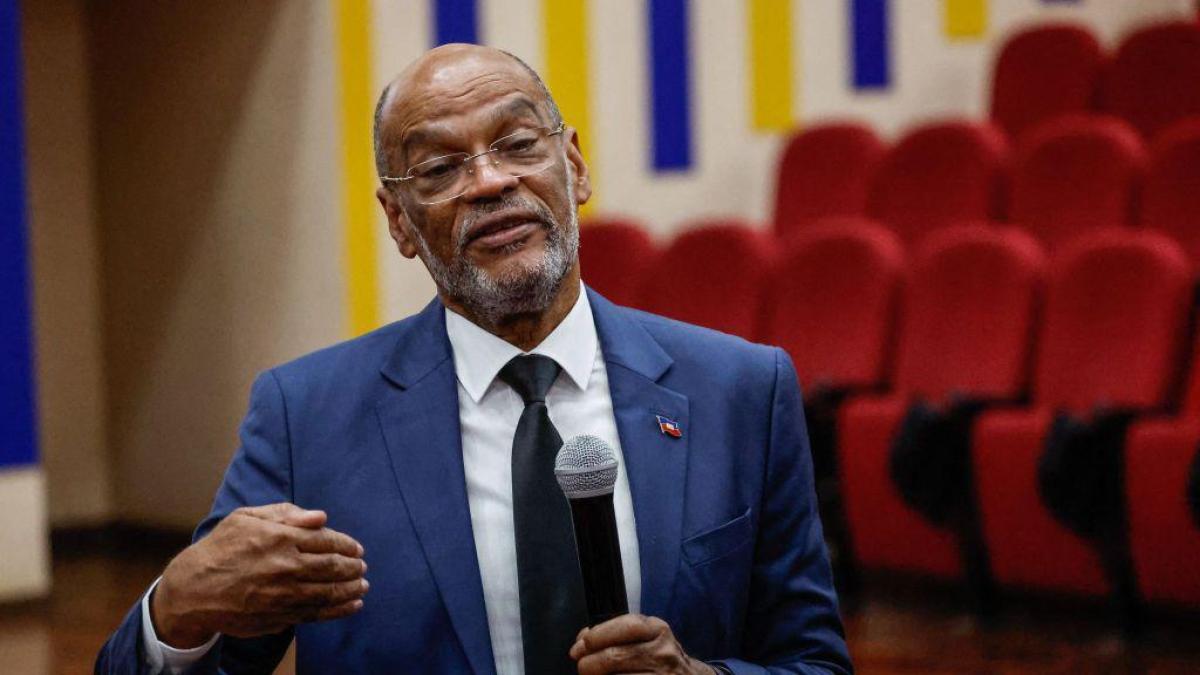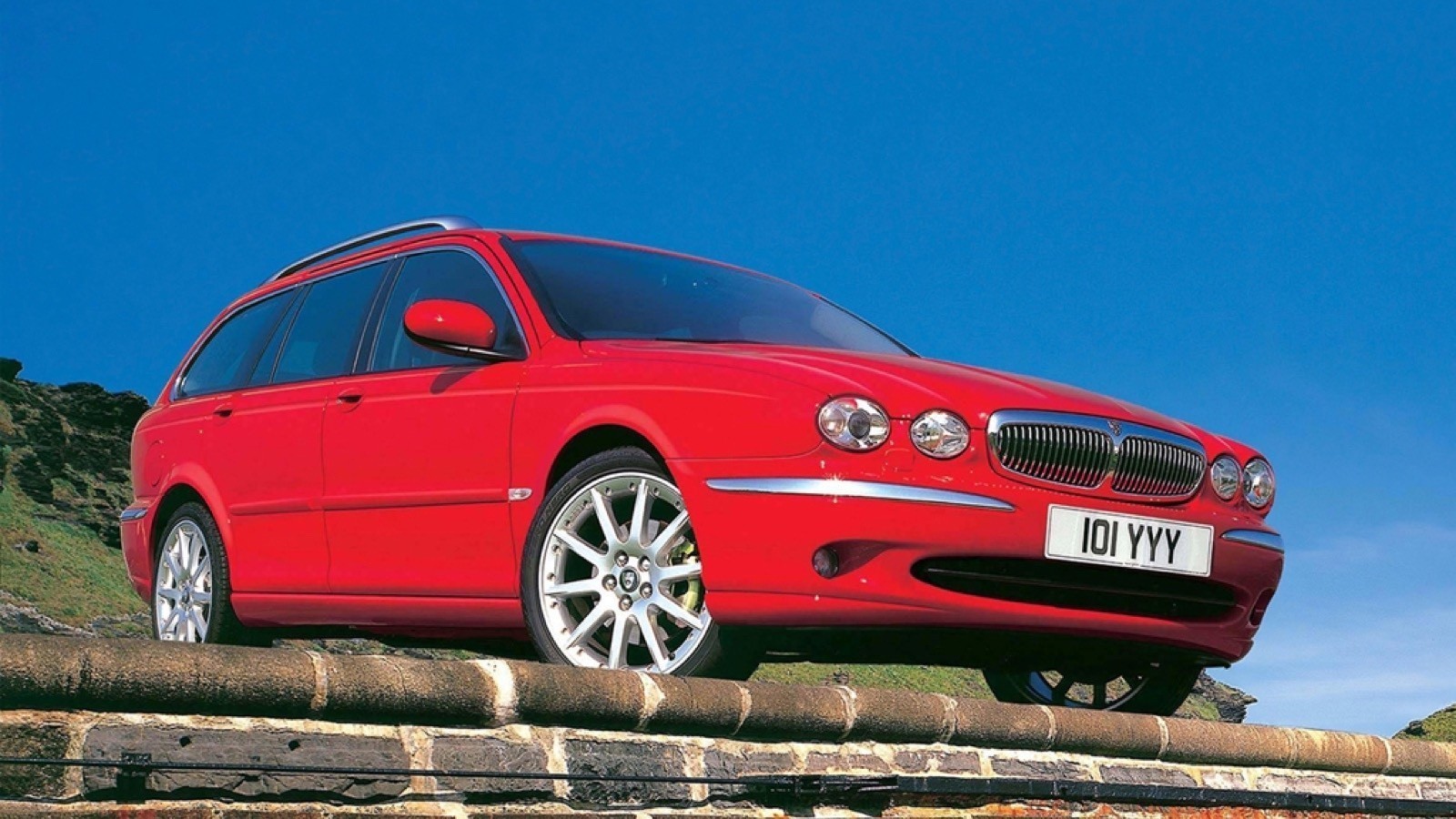The fact that Moscow seems really ready for war creates a grim atmosphere in the US-Russia talks.
Vladimir Putin published 33,000 characters on the president’s website last July article entitled “On the Historical Unity of Russians and Ukrainians”. The article reveals what Putin wants from Ukraine and its Western supporters at the negotiating tables.
The president begins his historical review in the late eighth century and concludes to this day.
Putin’s main message is that the Russians, Belarusians and Ukrainians form one nation. This unity has always been sought to be broken by the Western powers.
The genre of writing is national romance, the golden age of which was in the 19th century. The nation is a biological creation comparable to the individual, Selected facts serve the story of the battle between good and evil, and if they do not serve, they will be changed.
Sometimes the text slides to the side of the parody. When the German and Soviet armed forces tore Poland in two at the beginning of World War II Adolf Hitler and Joseph Stalin According to Putin, it was a case of restitution of land to its owners.
“In 1939, the territories that Poland had previously conquered were returned to the Soviet Union,” Putin writes.
Soviet Union the right of republics to withdraw from the union enshrined in the 1924 constitution is, according to Putin, a “dangerous time bomb”. He brings up his late colleague, the mayor of St. Petersburg Anatoly Sobchak the idea that a state resigning from the Soviet Union should be content with the geographical limits it had when the Soviet Union was founded in 1922.
The day after the publication of the article, the current affairs editorial channel of Russia presented Vremja Pokažet map, which allegedly presented Ukraine today and “until 1922”. According to the map, a hundred years ago, Ukraine would have covered about half of its current area. Among other things, Kharkov, which served as the capital of Soviet Ukraine until 1934, has been excluded from Ukraine, ie into Soviet Russia.
“The map has been pulled from the hat,” says a Finnish historian familiar with Ukraine Johannes Remy Phone interview from Wilfrid Laurier University in Ontario. “Since the founding of the Soviet Republic of Ukraine in 1919, its territory has been more or less the same as that of present-day Ukraine. The most important of them was that Crimea did not belong to Ukraine, while the Taganrog region in Russia belonged to the Soviet Republic of Ukraine in 1920-24. ”
“It was reported on the state television channel that Kharkov was the capital of Soviet Ukraine at the time. Maybe the release of the map will mean it doesn’t matter. ”
What the closer to today Putin’s story becomes, the more it resembles a declaration of war. In the spring of 2014, residents of Crimea and Sevastopol, according to Putin, made a “historic choice” and joined Russia. Meanwhile, in southeastern Ukraine in 2014, the people had no choice but to rise up to resistance as the Ukrainian Nazis raged in the region.
In eastern Ukraine, Russia has, according to Putin, “done everything to prevent brother murder” but Ukraine’s deceptive leadership has succumbed to “direct external control” and Ukraine is full of foreign advisers and soldiers and a military alliance NATO infrastructure. According to Putin, there is an anti-Russian program in the country.
“The current idea for the whole of Ukraine is hatred of Russia,” Putin writes. “We will never allow our historic area and the people close to us living there to be used against us. Whoever tries to do so is destroying his own country. ”
A satellite image released in December depicts Russian troops in the Novo Ozerno region of Russian-occupied Crimea. Russia has deployed an estimated 175,000 troops close to Ukraine’s borders.
Putin demanded assurances from the United States and its allies in early December that NATO would no longer expand eastward. Russian published by the Ministry of Foreign Affairs thereafter a list of requirements for both the United States and all NATO members.
Demands for arms restrictions extended to Russia’s land borders from Central Asia to Kirkenes. At the same time, Russia called on the old members of NATO to disarm members who joined after 1997. The unrealistic demands led many to suspect that they are either a veil of fog or playing cards for negotiations and that, in reality, it is only Ukraine.
“At least in the short term, it’s about Ukraine, but on the other hand, the impossible demands reflect the general thinking that prevails in Putin’s inner circle,” Johannes Remy says. “But Ukraine is what interests them most. Ukraine is a matter of great principle for Putin. “
Foreign policy a senior researcher at the institute and an analyst previously working for NATO Edward Hunter Christie says the same but emphasizes Russia’s concrete security concerns instead of Putin’s principles.
“Right now it’s really about Ukraine, but more broadly, Russia’s demands are about the military balance in Eastern Europe,” Hunter Christie says in a telephone interview from Brussels. “That’s why their draft contract is so extensive.”
Russia and the United States will discuss the situation in Ukraine in Geneva on Monday. Deputy Foreign Minister leading the Russian delegation Sergei Ryabkov repeated The Wall Street Journal in an interview on Friday, Putin’s views on Ukraine’s armaments in July and argued that “in this sense, Ukraine is already a member of NATO.”
“Ukraine cannot guarantee its security at the expense of the security of others,” Ryabkov said. “I would say that Ukraine’s position is now more important to Russia than it is to Ukraine itself.”
Hunter Christie says that Ukraine is now indeed militarily stronger than it was three or five years ago, for example.
“Russia sees this as a change in Ukraine’s defense capability that gives them a reason to take preventive action to reduce that defense capability. They think that if one day the war starts anyway, it is better that it starts now that the situation can still be rectified. ”
Ukrainian army troops at the forefront of the Luhansk region in early January.
Afterwards Putin’s history article can be seen as a justification for subsequent transfers of Russian troops and demands on the United States.
But the war in eastern Ukraine has been going on for eight years soon. What made Putin nervous right now? Was the weakness shown by the United States in Afghanistan or the change of power in Germany enough?
According to Edward Hunter Christie, there were two stimuli. The first came last spring when Ukraine filed charges of treason as a Kremlin whisperer after an oligarch held in Ukrainian power. Viktor Medvedchuk against.
Medvedchuk was the first victim of the president Volodymyr Zelensky launched a campaign to end the rule of monetary princes in Ukraine, probably selectively. So the Kremlin is afraid of losing the grip it has on its neighbor.
Bigger the cause of Putin’s worries, according to Hunter Christie, is a gun that made headlines in October. At that time, Ukrainian troops blew up a Bayraktar plane near the village of Hranitnoy south of Donetsk. It fired a laser-guided Mam ammunition that destroyed a D-30 cannon shotgun that fired on Ukrainians from a distance of 15 kilometers.
Ukraine claimed to have fired an ammunition at its own side. In any case, this was the first time an air gun had been used in this war since the shooting down of a Malaysian Airlines passenger plane in the summer of 2014.
Ukraine has been buying Turkish Bayraktar aircraft for a couple of years, and there is plenty more to order. Among other things, a weapon that has proved effective in the Nagorno-Karabakh war could stop the use of carefree artillery by Russian-backed forces.
“If Ukraine replenishes its reserves of robotic aircraft suitable for attack and improves its other appropriate capabilities, Moscow may one day fear that Ukraine will take back the areas that Moscow is illegally occupying today,” Hunter Christie estimates.
What about Russia and its attack? In the West, it has been predicted for months.
“In terms of utility and expediency, extending the current, limited war to a full-scale invasion of Russia is an unbelievable option, but it is an ideological issue for Putin,” says Johannes Remy. “I wouldn’t guess the attack is likely, but it’s certainly possible.”
“The difficulty is how ever Russia could hold a conquered Ukraine,” Remy continues. “He recalls that despite the political divisions in Ukraine, there are also nationalist residents in the eastern part of the country.
“Although there is pro-Russianism, it is clearly a minority trend today.”
In the Kremlin the possibility of resistance is undoubtedly known. Weapons were not silenced in Ukraine at the end of World War II, and the armed resistance of western Ukraine was not finally riveted until 1954.
So is Putin ready for a ten-year guerrilla war?
According to Remy, the situation for Russia would now probably be worse than it was in the second half of the 1940s, when the fighting between the Soviet Union and nationalist Ukrainians was at its height.
“There was one truth during Stalin’s day: anything was done for it, and the individual had nothing to say about it. Today, many in Russia have a personal relationship with Ukraine, information comes from several sources. The war would be a big mistake for Russia. ”
The series of meetings will begin on Monday with talks between Russia and the United States
-
On December 17, Russia submitted to the United States and NATO a list of demands it had called a draft treaty calling for an end to NATO’s eastward expansion and extensive arms restrictions near Russia’s borders.
-
Presidents Joe Biden and Vladimir Putin agreed on talks over a telephone conversation at the end of December.
-
The series of meetings will begin on Monday with US-Russia talks in Geneva. The Russian delegation will be led by Deputy Foreign Minister Sergei Ryabkov, and the US group will be led by Deputy Foreign Minister Wendy Sherman.
-
On Wednesday, it will be the turn of the NATO Russia Council meeting in Brussels, where the Russian group will also be led by Ryabkov. The Council’s work has been frozen since the deportations of diplomats last autumn.
-
Russia and representatives of the OSCE will hold talks on Thursday. The EU has no separate negotiations with Russia.
.
#Security #policy #idea #Ukraine #hatred #Russia #Putin #betrayed #confrontation #West #summer






